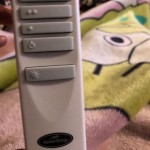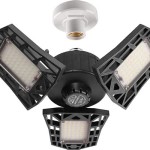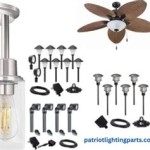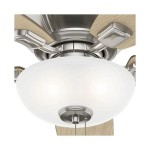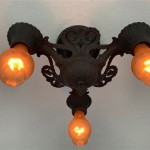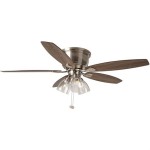Fluorescent Light Ceiling: Essential Aspects to Consider
Fluorescent light ceilings are a popular and efficient lighting solution for various commercial and industrial spaces. They provide a bright, evenly distributed light source, making them ideal for areas where high visibility is essential. To ensure optimal performance and effectiveness, careful consideration should be given to the following essential aspects:
1. Light Output and Color Temperature: The light output of a fluorescent light ceiling is measured in lumens, and it determines the overall brightness of the space. The color temperature, measured in Kelvins (K), refers to the appearance of the light emitted. Warmer temperatures (2700K-3000K) create a more inviting and cozy atmosphere, while cooler temperatures (4000K-5000K) provide improved clarity and focus.
2. Fixture Design and Mounting: The design and mounting of the fluorescent light ceiling fixtures significantly impact the overall aesthetics and functionality of the space. Common fixture types include recessed troffers, surface-mounted panels, and pendants. The mounting height and spacing between fixtures should be carefully planned to ensure even light distribution and minimize glare.
3. Ballast Selection: The ballast is a critical component that provides the electrical power and regulation for the fluorescent lamps. There are various types of ballasts available, each with its own advantages and disadvantages. Electronic ballasts offer energy efficiency and longer lamp life, while magnetic ballasts are more cost-effective but less efficient.
4. Lamp Type and Life Expectancy: The type of fluorescent lamp used affects the color temperature, light output, and energy consumption of the ceiling. Common lamp types include T8, T12, and T5, with T8 lamps being the most popular due to their high efficiency and long life expectancy. The life expectancy of fluorescent lamps typically ranges from 6,000 to 15,000 hours.
5. Maintenance and Cleaning: Regular maintenance and cleaning of the fluorescent light ceiling are essential to ensure optimal performance and extend its lifespan. Cleaning the fixtures and replacing burnt-out lamps promptly helps maintain the light output and reduces the risk of electrical hazards. Additionally, periodic deep cleaning may be necessary to remove accumulated dirt and debris.
By considering these essential aspects, you can design and implement a fluorescent light ceiling system that meets the specific needs of your space, providing a bright, energy-efficient, and aesthetically pleasing lighting solution.

Ceramic Cool White Ceiling Led Fluorescent Light 20w Ip Rating Ip33

Fluorescent Lighting For Ceilings Lights

High Quality Light Covers Sky Ceiling Panels Led And Fluorescents

Fluorescent Light Filters

Fluorescent Light For Exposed T Ceilings Modulay Eaton

Which Solution Is Best Led Lamps Retrofit Kits Or New Fixtures

Fluorescent Ceiling Light Arora Lights

How To Replace An Old Fluorescent Light Fixture Young House Love

High Quality Light Covers Sky Ceiling Panels Led And Fluorescents

Ceiling Mounted Lighting Varsity Cooper And Safety Fluorescent Tube For Storage Hall
Related Posts

